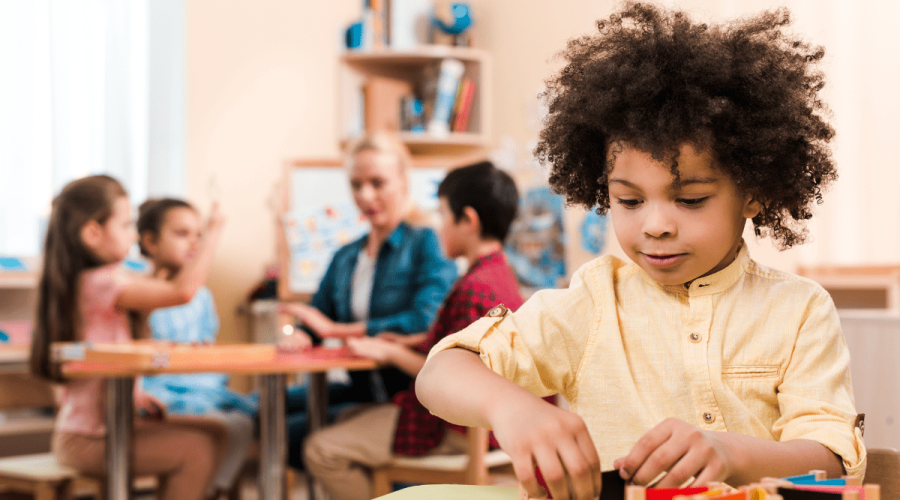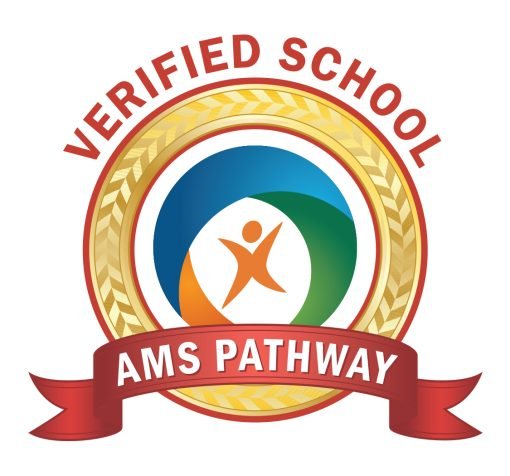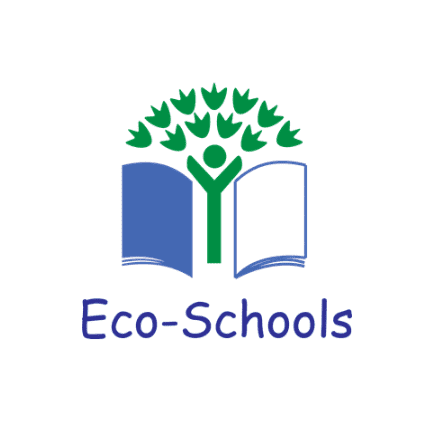In the world of education, the Montessori method stands out as a non-conventional approach that has gained recognition and appreciation worldwide. This method of teaching was developed by Dr. Maria Montessori over a century ago. Her educational philosophy fosters the holistic development of children, allowing them to flourish as independent thinkers and lifelong learners.
In contrast to conventional education, Montessori education offers a nurturing and tailored environment that addresses the shortcomings of the public educational setting. In this article, we will explore the difference between Montessori and conventional education. We will focus on how Montessori education best supports elementary-aged learners and the benefits it offers.
Individualized Learning Approach
One of the fundamental aspects of Montessori education is its emphasis on individualized learning. Traditional education often follows a one-size-fits-all approach. With this approach, students are expected to progress at the same pace and conform to predetermined standards.
Montessori education recognizes that each child has unique strengths, interests and learning styles. Montessori teachers act as facilitators. They guide the students through a personalized curriculum tailored to their specific needs. This allows the student to progress at their own pace. Montessori’s individualized approach fosters a deep sense of engagement and enables students to develop a genuine love for learning.
Focus on Practical Life Skills
Another unique feature of Montessori education is its focus on practical life skills. Traditional education often places a heavy emphasis on academic knowledge while neglecting the development of practical skills necessary for daily life.
Accordingly, in Montessori classrooms, children are encouraged to engage in activities that promote independence, problem-solving and self-care. Practical life exercises such as cooking, cleaning, gardening and organizing not only enhance their motor skills but also instill a sense of responsibility and self-sufficiency.
Joyful Learning and Freedom of Exploration
In many conventional educational settings, the joy of learning can be overshadowed by a rigid course load and a focus on standardized testing.
Montessori education, on the other hand, places a strong emphasis on joyful learning and discovery. Learning is seen as an exciting journey, and classrooms are designed to encourage exploration, curiosity and creativity. Montessori materials and activities are carefully selected to grab the child’s interest. This fosters a deep and meaningful understanding of concepts. In turn, the approach style encuorages academic knowledge and a lifelong interest in learning.
Safe and Nurturing Environment
Safety concerns, including bullying and violence, are big issues in the public educational setting.
Montessori education seeks to create a safe and nurturing environment where children can thrive emotionally and socially. The mixed-age classrooms in Montessori schools promote peer-to-peer learning, cooperation and empathy. Older students become mentors, while younger students benefit from the guidance and support of their peers.
By fostering a sense of community and respect, Montessori education helps create a positive and inclusive atmosphere where students feel valued and secure.
Teacher Satisfaction and Fulfillment
Teachers play a crucial role in the education system, and their satisfaction and well-being directly impact the quality of education they provide. Unfortunately, the public educational setting often places immense pressure on teachers, forcing them to teach to standardized tests and adhere to an inflexible curriculum.
Comparatively, Montessori education, with its focus on individualized learning and teacher as facilitator, empowers educators to connect with students on a deeper level. Montessori teachers find fulfillment in guiding children’s natural curiosity, igniting their passion for learning, and witnessing their growth and development. This approach creates a positive and energizing teaching environment, fostering happy and motivated educators.
At Montessori House for Children and Elementary School, we offer an accredited elementary program that centers on the development of curious minds. We are also building knowledge-based academic competency through an in-depth study of the world and how it works.
Our elementary students explore a rich variety of subjects, working individually and collaboratively, with Montessori’s dynamic and inquiry-based curriculum designed to spark imagination and engage in intellect. The process of ‘experiential learning’ feeds students’ quest for knowledge, all while developing sound reasoning and thinking skills.
Great emphasis is also placed on moral and social development – building integrity and compassion through cultural, global and environmental discussions and projects. Explore our website to learn more about our school and educational approach. Or schedule a tour today!




